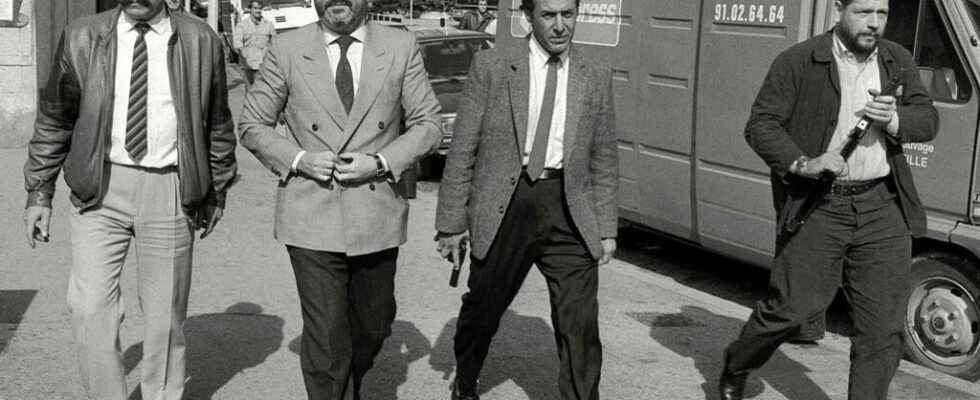On May 23, 1992, on the highway linking Trapani to Palermo in Sicily, a gigantic explosion blew the car of Giovanni Falcone, the most famous anti-mafia judge. The magistrate, his wife and 3 bodyguards are killed in this attack, sponsored by the bosses of Costra Nostra, the attack which will cause a real shock wave in Italy and even far beyond. 30 years after his death, Giovanni Falcone’s legacy is considerable.
With our correspondent in Rome, Eric Senanque
Giovanni Falcone’s imprint in Italy remains indelible. The famous magistrate had become the number one enemy of Cosa Nostra since the maxi-trial of Palermo which between 1986 and 1987 will lead more than 350 mafiosos behind bars.
His death made him even more popular, but it is above all his revolutionary methods that make the posterity of the anti-mafia judge, as criminologist Vincenzo Musacchio explains. ” The most important legacy of Giovanni Falcone is undoubtedly the methodology… He sums it up perfectly in his memoirs with this famous phrase: follow the money, you will find the mafia »
It is thanks to Giovanni Falcone if today the Sicilian Mafia no longer kills, even if it has not disappeared. To the judge we owe the creation of a national anti-mafia prosecutor’s office, that of collaborator of justice for the repentants or the famous law 41 bis which condemns to total isolation the most dangerous mafiosi. It was in Rome that he continued his career. A choice not always understood, Vincenzo Musacchio.
” In 1991, I wrote him a letter, explaining to him that I did not agree with his choice to leave the Palermo court to go to Rome. A few months later I received his answer and in his letter he wrote that he was not abandoning Palermo but that he was going to Rome to fight the mafia even more effectively. “.
“ The Mafia is by no means invincible; it is a human fact and, like all human facts, it has a beginning and will also have an end said the magistrate. This Monday in Palermo a tribute will be paid to Giovanni Falcone in the presence of his sister, Maria and a large part of the Italian political class.
